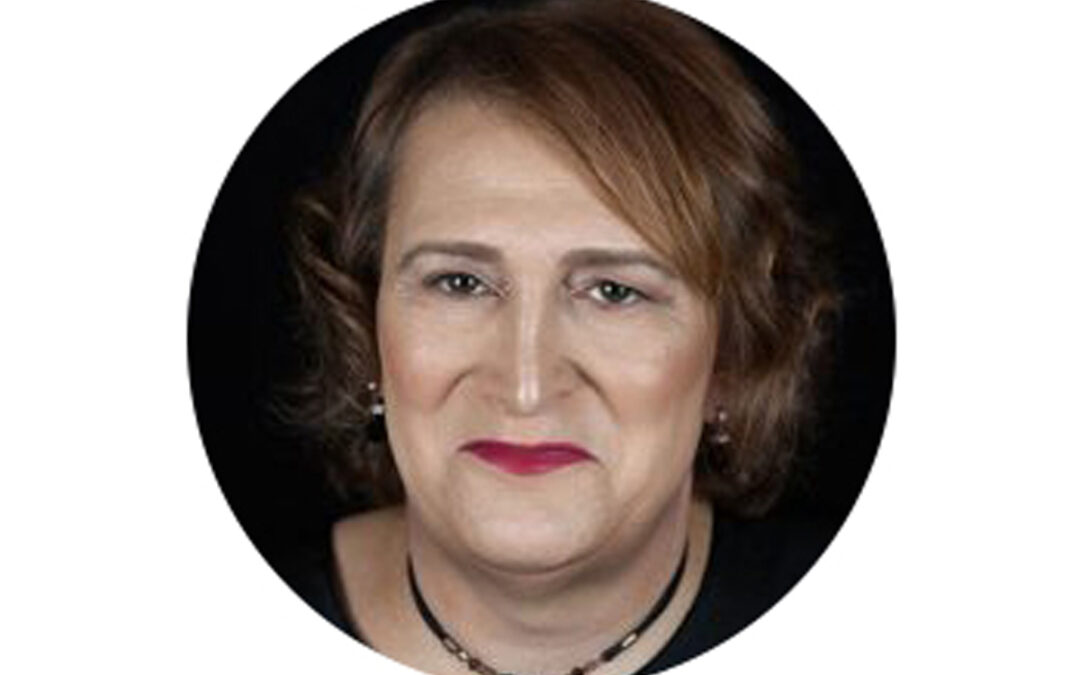I’m a person born in 1965, I’m from that time before internet (yes, there was such a time). Having said that, given that I didn’t know what I was looking for, would a search engine have helped? What does that mean?
I had been aware from an early age, that in different ways, I didn’t fit into what society expected of me, even if I didn’t have words or definitions for it. I remember a birthday party where we were taken to see some sort of scary horror movie at a young (single-digit) age. I was really upset by it, one scene in particular, and the adult in charge drove me home before it ended.
I remember at school playing a game called “downball” in an area 5 metres by 4 metres enclosed by 3 walls and a low roof (2.5 metres). There were about 15 people in this small space as well as the banging of the noise of the bouncing ball echoing. I felt really overwhelmed by the noise and in some degree of distress spoke up and said so. Damn, was I ridiculed for how I felt and how I spoke up about it.
After completing school, I studied a B. Commerce majoring in accounting and started work as an accountant. While not a life’s calling 😊 this at least used my HSP attention to detail in terms of keeping records reconciled, organised and filed. For me, however, it was soulless.
I also worked for a very pushy, authoritarian micro-managing supervisor for about 5 years in one corporate role. This person believed they had the right to do whatever they wanted whenever they wanted and any sub-ordinate who even remotely questioned their opinion was told not to be “snotty and impertinent.” I was constantly told that I “couldn’t handle pressure” in a judgemental and destructively critical way that certainly wasn’t sensitive. I left the role in 1994 and have not been near fast-paced environments and pushy task-focussed corporate managers ever since.
I began to be more of myself and understand myself in 1995. The first parts of myself that I worked through were my gender identity (trans woman) and sexual orientation (bi/pan). I felt more connected to some true purpose in life through voluntary involvement in the LGBTIQA+ (queer) communities. I also moved from working as an accountant in the corporate sector to the not-for-profit sector. There was, overall, more respect for people and genuine respect given to diversity rather than lip service in the NFP sector and I felt a greater sense of purpose and being able to put my heart into what I was doing.
In 2005, just shy of 40th birthday, I stumbled onto the term HSP (via the blog for the great book “A Career Guide for Creative and Unconventional People” written by Carol Eikleberry) and a lightbulb began to come on. I immediately opened the hsperson.com website, undertook the self-test and scored 18 out of 24. The lightbulb was burning brightly at last! No, there was not anything “wrong” with me; this was a part of myself. I felt relief, then joy and over time, increased pride in this super-power.
I believed my attention to detail and empathy for others brought value to queer communities at a time when, regardless of the label used, focus was on gay and lesbian and groups like bi+, trans (and ace and intersex) were often overlooked, ignored and even demeaned. When, however, such demeaning and discriminatory behaviours were undertaken by elements of gays and lesbians, my sensitivity felt challenged by what seemed to be double standards from people who faced discrimination, yet passed it on to others
In the last 5 years, I’ve sadly faced outright discrimination and gaslighting where I was told by a manager “I didn’t know how to talk to you because of your HSP so I didn’t talk to you.” This person would constantly have tantrums over nothing and from out of nowhere e.g. aggressively berating me in front of 15 clients for handing out a brochure a with a 1/4 cm dog-ear in one corner. At informal mediation regarding our working together, I was told by the mediator to “toughen up” however, there was no direction given to the manager to look at her behaviour. Other managers followed this manager’s lead and declined to talk to me. This obviously damaged my ability to perform my roles as part of organisation. Ultimately, my parting ways with an organisation with which I had deep and long involvement was less than ideal. This has been devastating both from the point of view of neurodivergence and mental health; thankfully I am recovering. I am also now careful about with whom I engage to avoid self-centred and narcissistic types such as the manager mentioned above.
I am finally back to accessing more of my creativity in what seems a most unlikely place yet interestingly is the place I have felt most connected and at home in my life: the world of professional wrestling. A very high proportion of those involved identify with/experience some form of neurodivergence (mainly autism and ADHD) and are incredibly understanding. My opinions, creativity and sense of humour are valued and not ridiculed. My next medium-term goals are to do more acting, singing and re-starting efforts to learn some guitar to go with the singing.
If asked “what would have made your HSP journey easier?” I would respond by having more access to information, mainly for myself to recognize my strengths and know what pitfalls to avoid and to some extent to try to educate those in my life where I could.
I am glad that with greater access to information today people can be their authentic sensitive selves earlier in life. All the same, if you are discovering this part of yourself later in life, embrace it because regardless of age. our world needs your sensitivity more than ever.

